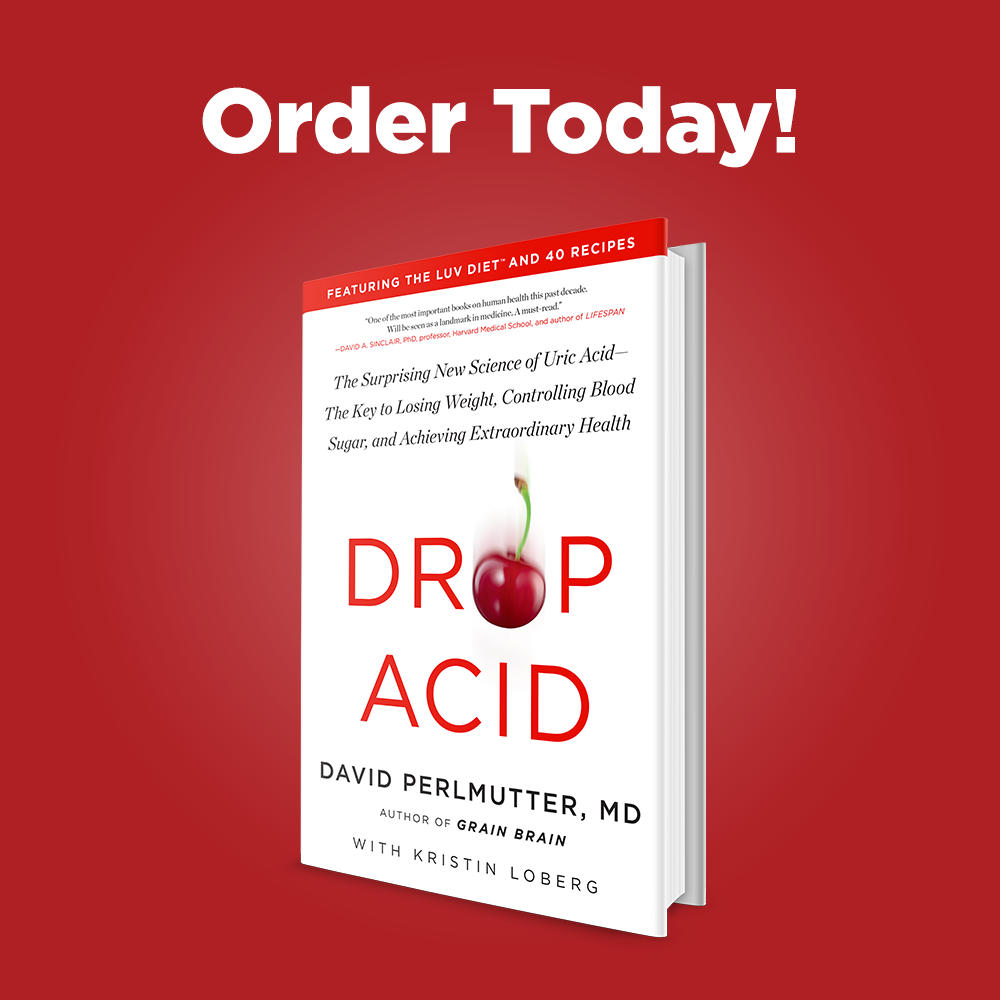Paraquat and Parkinson’s. Be Aware!

Paraquat is one of the most toxic herbicides still in common use, and it’s an underappreciated threat to the human brain. A growing body of epidemiologic and experimental research links chronic paraquat exposure to a significantly increased risk of Parkinson’s disease, the world’s fastest-growing neurodegenerative disorder. In fact, researchers use paraquat to induce Parkinson’s in experimental animals to study the disease.
Epidemiologic studies echo the lab data. Individuals with occupational or residential exposure to paraquat have much higher odds of developing Parkinson’s, especially when exposures are prolonged or combined with other pesticides. Nonetheless, paraquat use in the United States has risen sharply. Data from the U.S. Geological Survey indicate that agricultural paraquat applications roughly doubled between about 2013 and 2018, reaching around 10–11 million pounds per year, and remaining at that level on over 100 crops.
While the U.S. continues to allow paraquat use by licensed applicators, more than 70 countries, including the entire European Union, China, the United Kingdom, Switzerland, Canada, Brazil and others, have already banned or severely restricted paraquat because of its extreme acute toxicity and mounting evidence of long-term harms such as Parkinson’s.
Parkinson’s disease itself is rising at a staggering pace. The Parkinson’s Foundation estimates that nearly 90,000 Americans are now diagnosed every year, with more than 1.1 million living with the disease in the U.S. alone. Globally, prevalence has roughly doubled over the past 25 years and is projected to increase another 70–100% by mid-century. The aging of our population explains part of this trajectory, but not all of it. A growing consensus, articulated by investigators like Dr. Ray Dorsey and colleagues, is that Parkinson’s has become “predominantly an environmental disease,” with pesticides such as paraquat, solvents, and air pollution playing major causal roles.
Put simply, we are increasing our use of a poison strongly linked to Parkinson’s at the same time that Parkinson’s is exploding worldwide, a collision we ignore at our peril. What can you do? First, minimize direct contact with paraquat and other pesticides whenever possible: avoid walking or playing in recently sprayed fields, orchards, or golf courses and wash produce thoroughly, choosing organic when feasible. Second, if you are a farmer, groundskeeper, or live near intensive agriculture, advocate locally for safer weed-management strategies and, if you must work around paraquat, insist on robust protective equipment and training. Third, support state and federal initiatives to phase out paraquat in favor of less toxic alternatives; contact your elected officials and let them know that protecting brain health is a priority. Finally, double down on the lifestyle strategies that support the brain like regular physical activity, a nutrient-dense, low-sugar diet, restorative sleep, and avoidance of excess alcohol because a healthier brain is more resilient to whatever toxicants you cannot control. We may not be able to change our age or genes, but we can certainly choose not to saturate our environment, and our brains, with a known neurotoxin.













